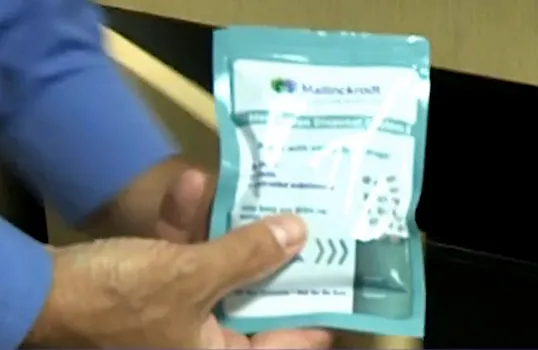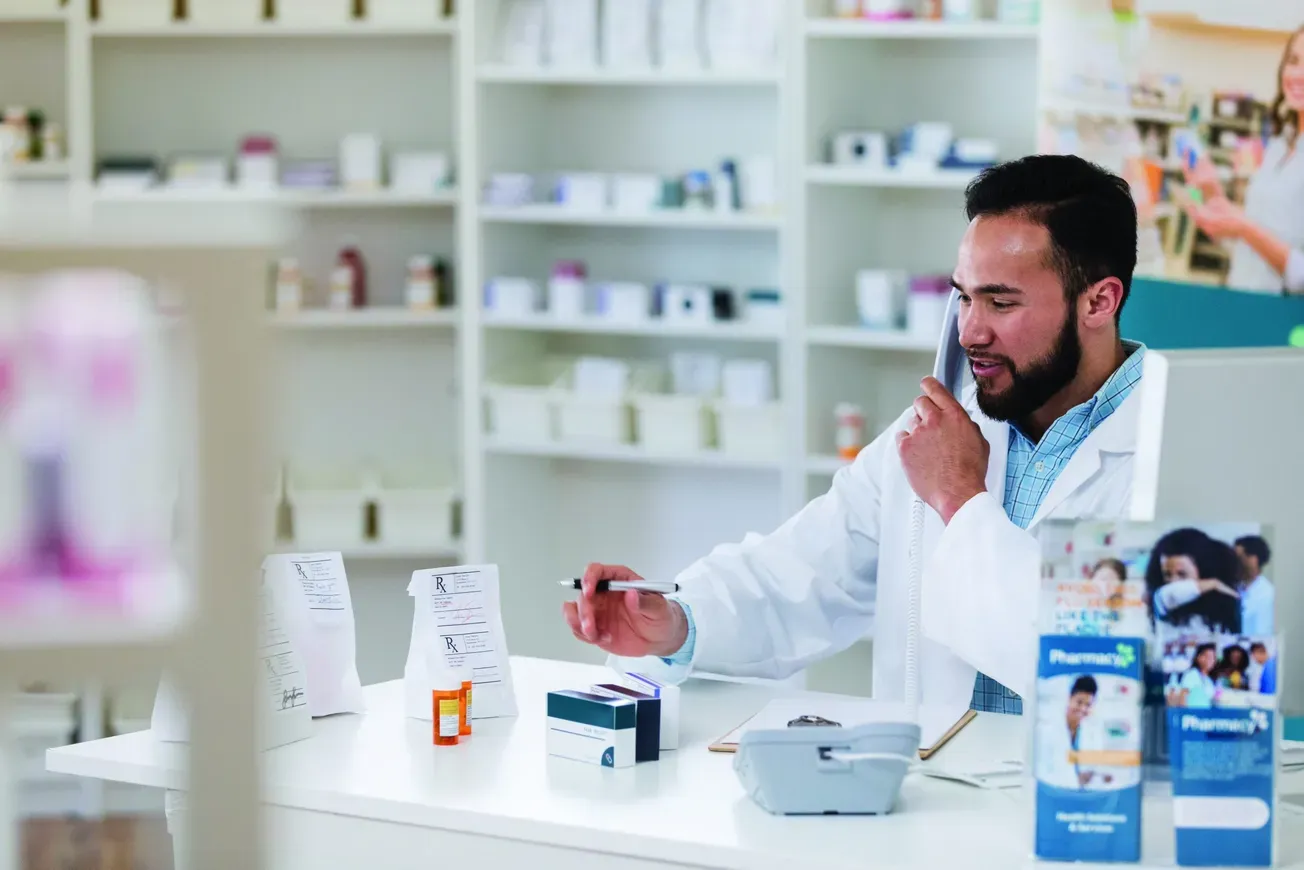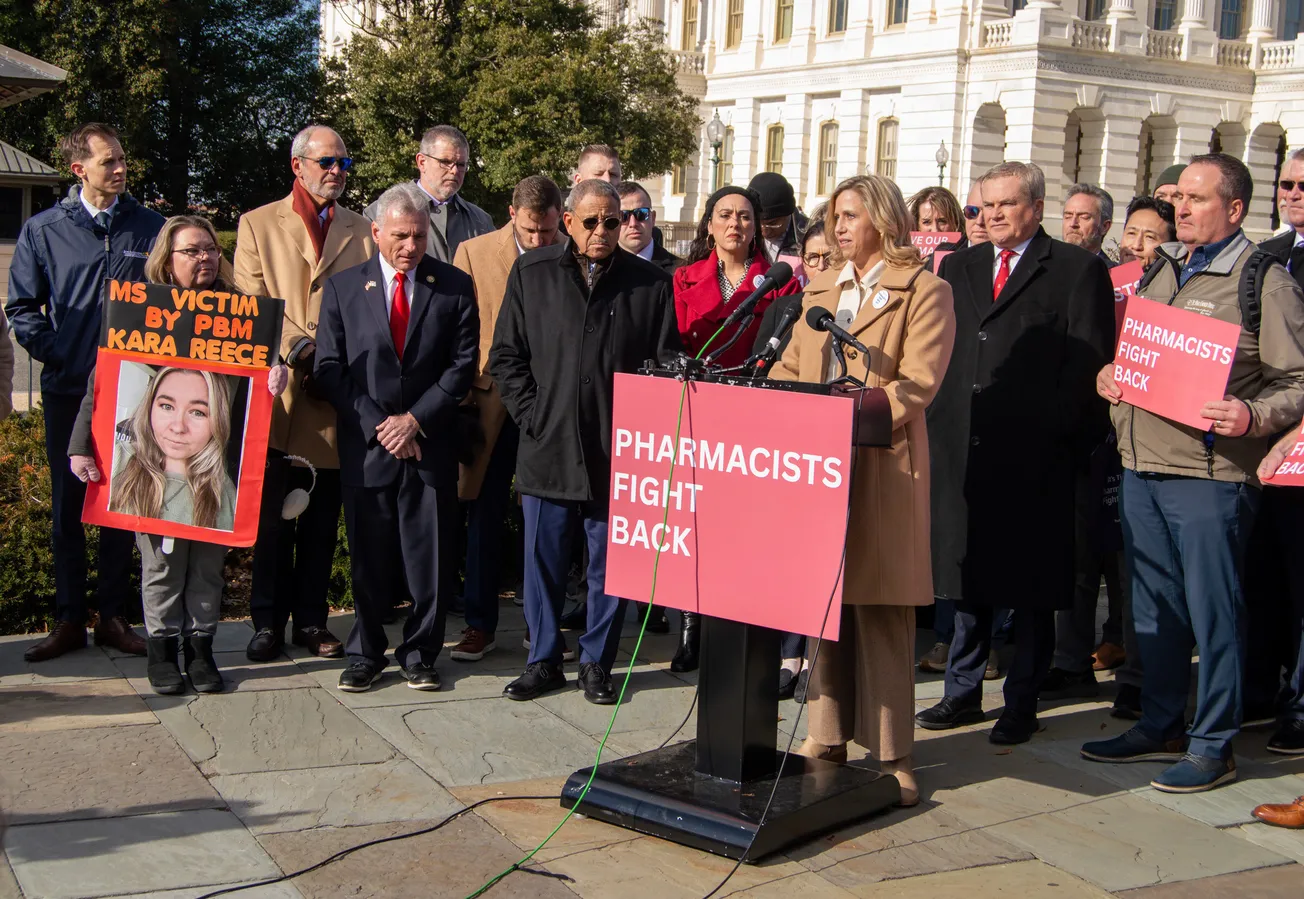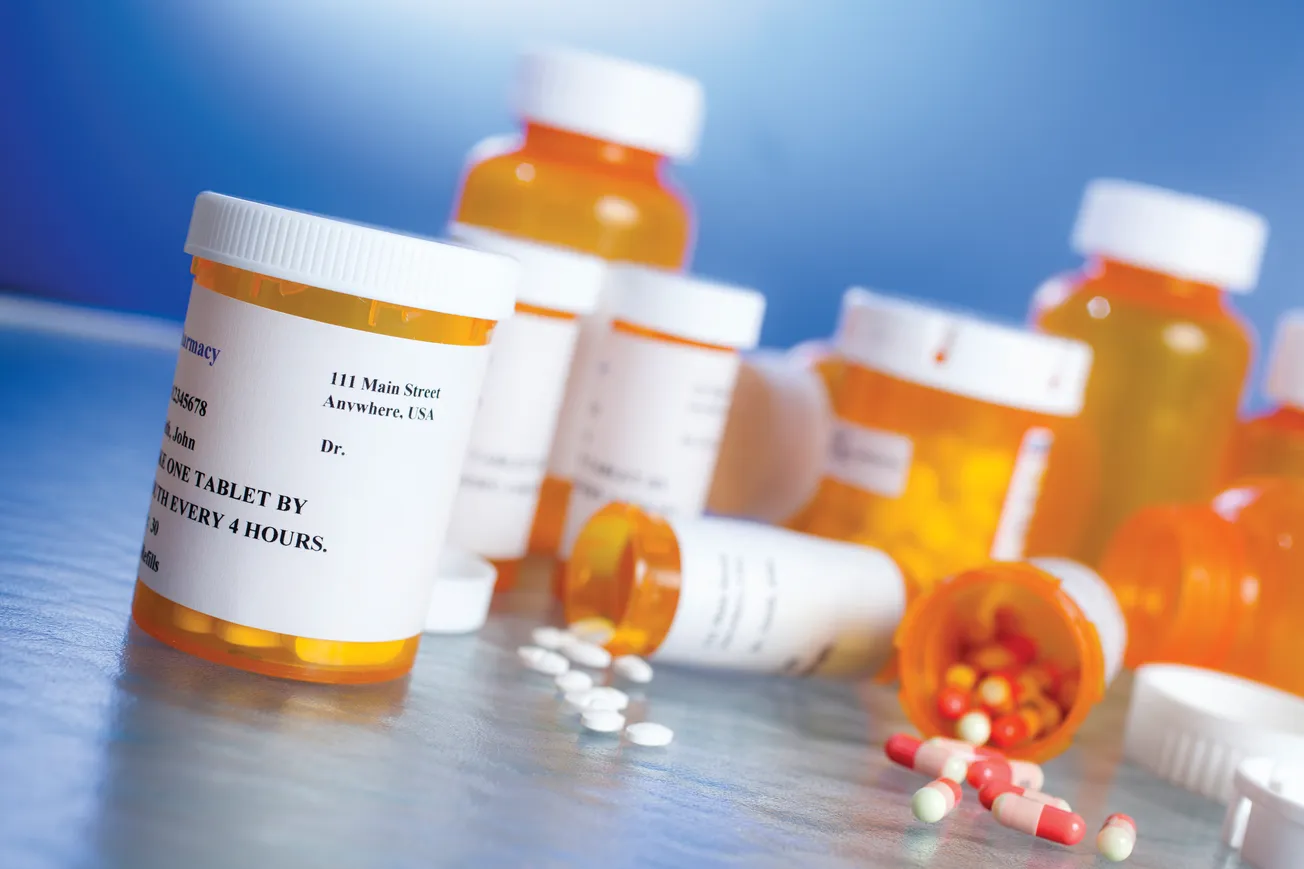CHESTERFIELD, United Kingdom — Mallinckrodt Pharmaceuticals plans to provide 160,000 drug deactivation pouches at nearly 800 Walmart pharmacies in seven states to help customers safely dispose of leftover prescription pain medications.
Mallinckrodt said Thursday that it will offer the free pouches at Walmart locations in Indiana, Kentucky, Ohio, Pennsylvania, South Carolina, Tennessee and West Virginia. According to the company, 7.2 million prescription pills could be destroyed if each of the 160,000 pouches is used to capacity.
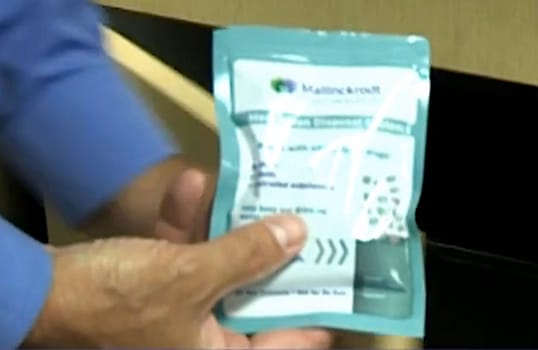
The pouches are designed to deactivate prescription drugs and render their chemical compounds safe for landfills. After uses put the medications in the specially formulated pouch and add water, they seal it and then throw it away with the household trash. The pouches are fully biodegradable providing an environmentally responsible way to deactivate and dispose of drugs.
“We share the concerns of parents across the nation, and believe that providing patients with a safe, environmentally responsible way to dispose of unused medications is critical in this fight against prescription drug abuse,” stated Mark Trudeau, Mallinckrodt’s president and chief executive officer. “Mallinckrodt is committed to working with policy makers, community leaders, law enforcement and industry partners to ensure the responsible use of pain medication and prevent unused medications from ending up in the wrong hands.”
In mid-June, Mallinckrodt announced that it would buy and donate more than 1 million drug deactivation pouches — the Deterra system made by Minneapolis-based Verde Technologies — to help prevent abuse of prescription painkillers. The distribution to the Walmart stores is part of that effort.
Mallinckrodt said a national survey of U.S. adults who used opioids showed that nearly six out of 10 had or expect to have leftover opioids, according to the JAMA Internal Medicine journal. Nearly 68% of those who used prescription painkillers non-medically in 2012-2013 got them from friends or relatives, according to the 2013 Substance Abuse and Mental Health Services Administration National Survey on Drug Use and Health.

